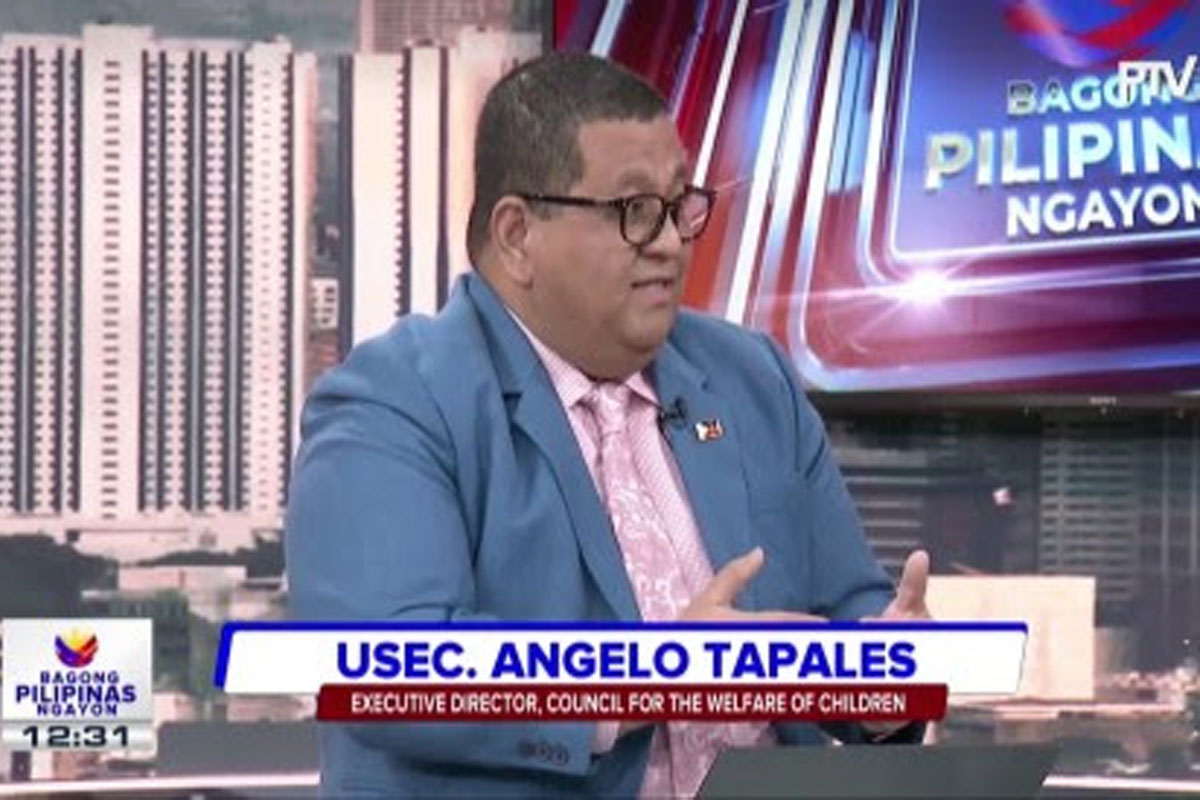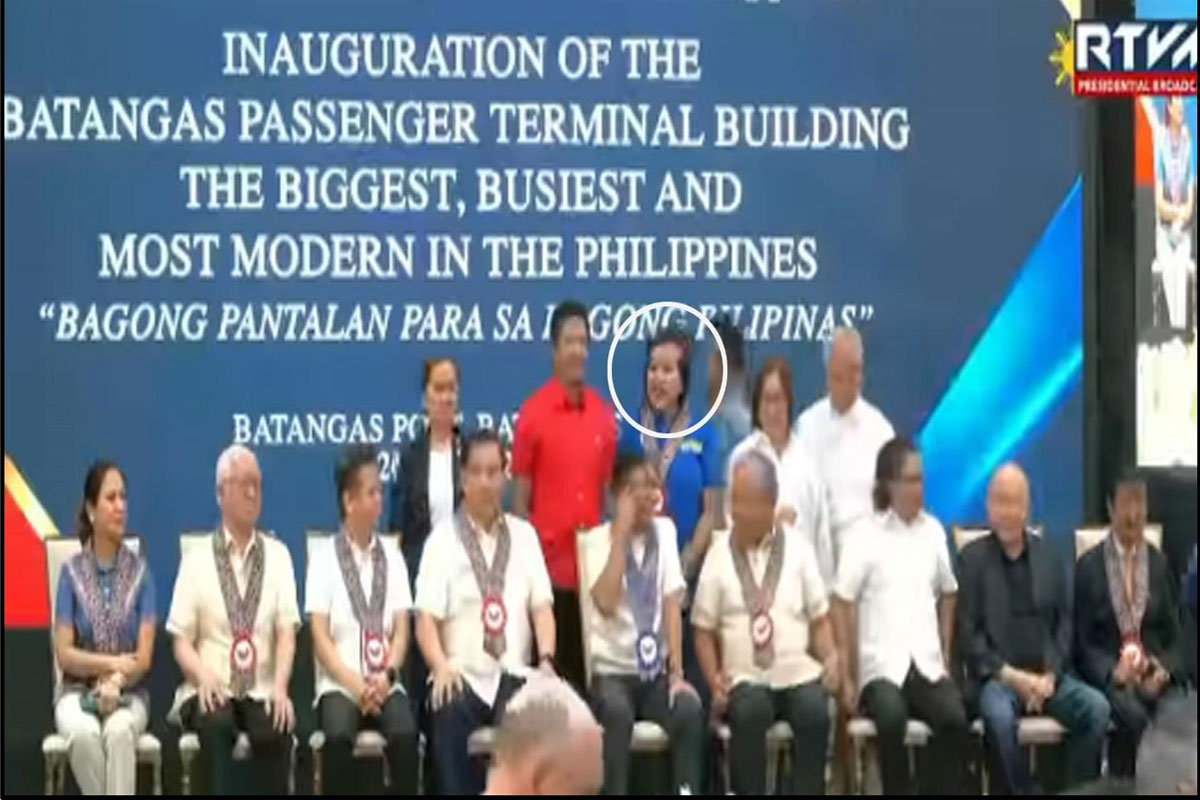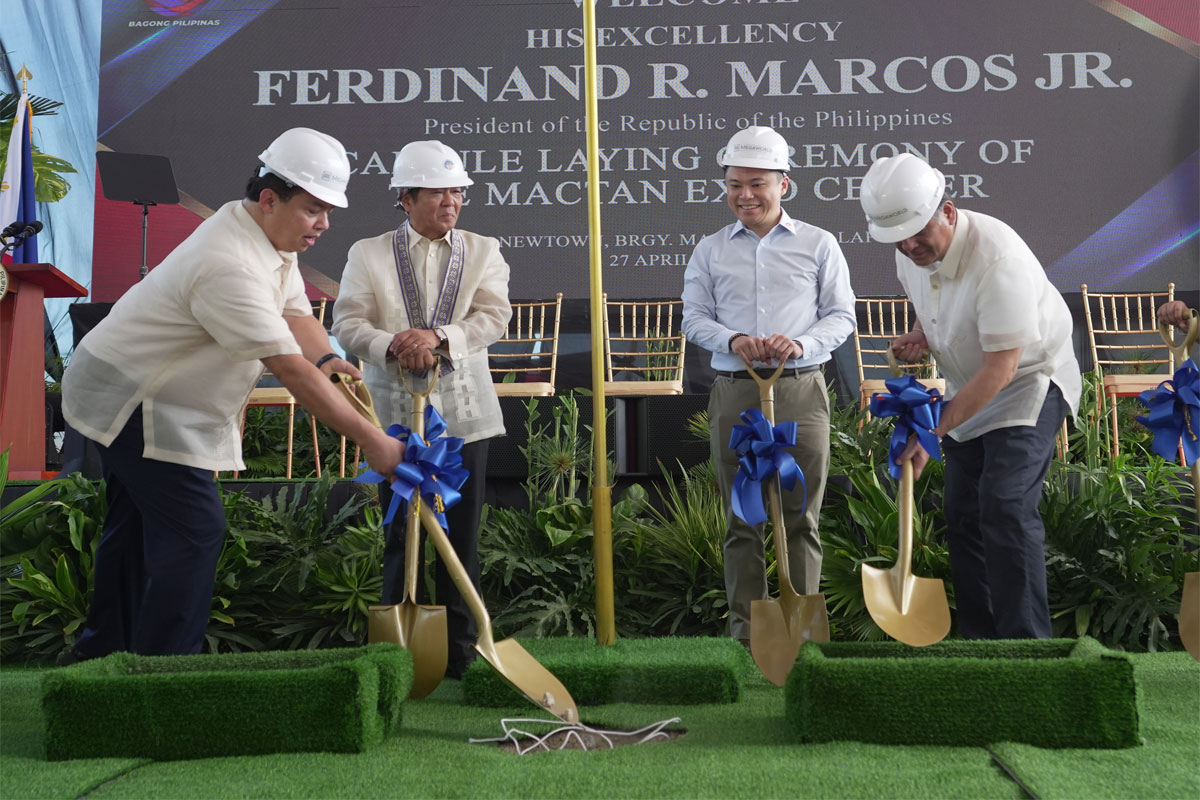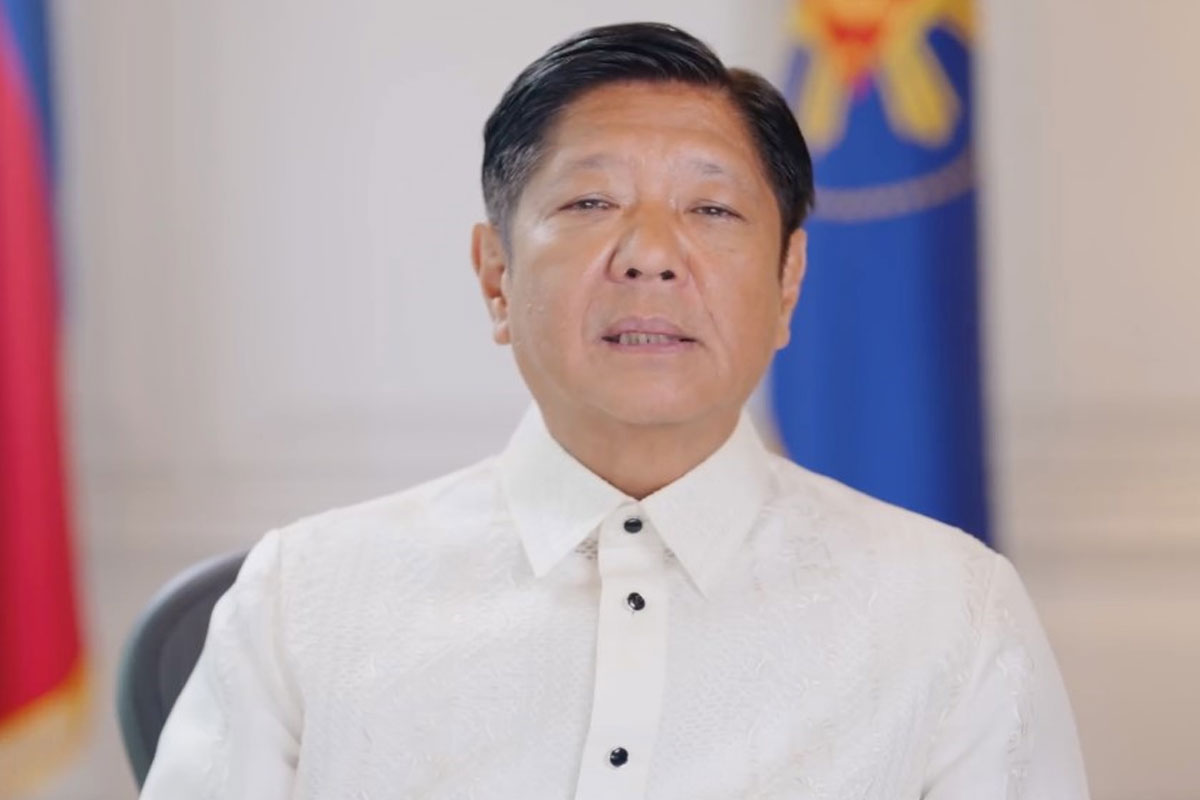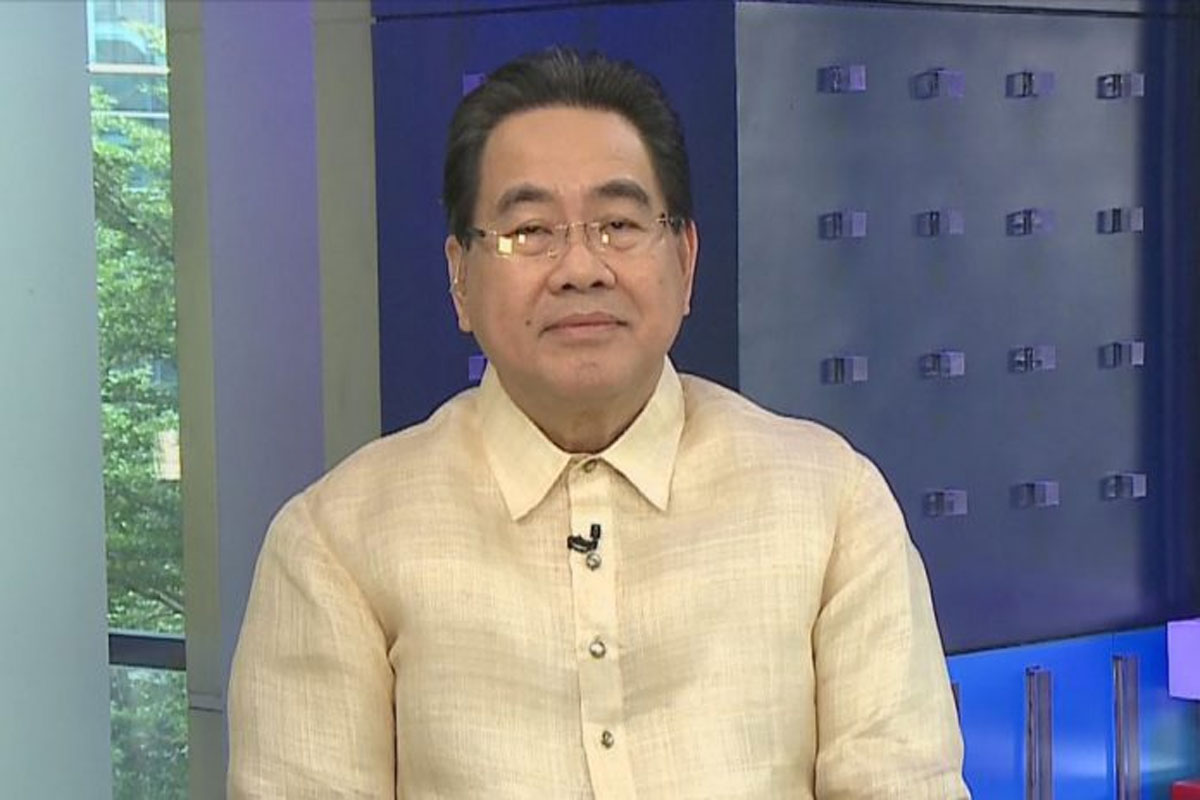
Academics back House economic reform initiative
SEVERAL members of the academe have expressed support for the House initiative to change the “restrictive” economic provisions of the Constitution so the country could attract more foreign investments, Cagayan de Oro City Representative Rufus Rodriguez said Tuesday.
Rodriguez, who chairs the House Committee on Constitutional Amendments, said eight college/university professors favored amending the Charter, while three others and one student leader opposed it.
“We are heartened by their support for our push for an improved investment and economic climate in the country. As the Speaker has [repeatedly] declared, economic reform in the Charter would be the final piece in the puzzle for this push,” Rodriguez said.
He said the members of the academe gave their testimonies in recent hearings conducted by his committee.
He said several members of the Cabinet of President Ferdinand “Bongbong” Marcos Jr. led by Finance Sec. Benjamin Diokno also supported the House initiative.
Rodriguez quoted the testimonies of the academics.
Ateneo de Manila University international economic law professor Anthony Abad said the Philippines is “the only country that wrote investment restrictions in its Constitution.”
“It is the legislature that should set the rules on investment restriction… because you need the dynamism of the 21st century,” he said.
He said there is “no science” in prescribing investment limitations in the Charter.
“It doesn’t work. So you should abolish the 60/40 system, the 70/30 system, and shift it to a system of proper government oversight,” he added.
Former National Security Adviser Clarita Carlos said the moment the country’s basic law “is no longer producing the kinds of desired results; then you do something about it.”
“So, when to amend it? I say, let’s do it now,” she said.
University of the Philippines (UP) economics professor emeritus Raul Fabella said a new Constitution “should satisfy a modicum of aesthetics… meaning, it has to be short and pithy, preferably noble written.”
“It is there to inspire us to thoughtful patriotism, not just any kind of patriotism but a thoughtful one. To that effect, it should thus contain the vision and just the basic principles that must guide the pursuit of that vision,” he said.
Fabella suggested “deleting” some parts of the Charter.
Another UP economics professor emeritus, former economic planning minister Gerardo Sicat, said foreign investment restrictions in the Constitution should be scrapped.
“My recommendation is basically that we do get to amend the restrictive provisions as a matter of primary attention. If we have other issues… perhaps those things can wait,” he said.
The other supporters of constitutional reform were Philippine Institute for Development Studies (PIDS) senior research fellow Adoration Navarro, San Beda law professor Edmund Tayao, University of Sto. Tomas political science professor Froilan Calilung, and Vicente Homer Revil, who is Local Government Development Institute constitutional reform chairman.
UP economics professor emeritus and former economic planning secretary Solita Monsod led those opposed to amending the Constitution.
She said rewriting the Charter “will not bring in FDI (foreign direct investment) unless factors affecting FDI are addressed… infrastructure, you know, everything, governance, corruption, ease of doing business.”
Law professor Howard Calleja said, “We cannot blame our Constitution for where we are at this point in time. Although the 1987 Constitution is nowhere stagnant or perfect, revising the Constitution, at this time, should not be taken lightly for the wrong reasons or that merely intertwined with bureaucracy.”
UP political science department chairman Aries Arugay said revising the basic law “is an arduous task requiring care and rigor as it has long-lasting effects on our development trajectory and political development as a democratic nation which has consequences that may both be intended or unintended.”
For his part, National Union of Students of the Philippines president Jandeil Rosperos said her group is opposed to amending the Constitution, especially the provision limiting foreign participation in the education sector.
Changing the limitation would empower Congress “to pass a law allowing 100 percent foreign ownership of our educational institutions,” she said.



